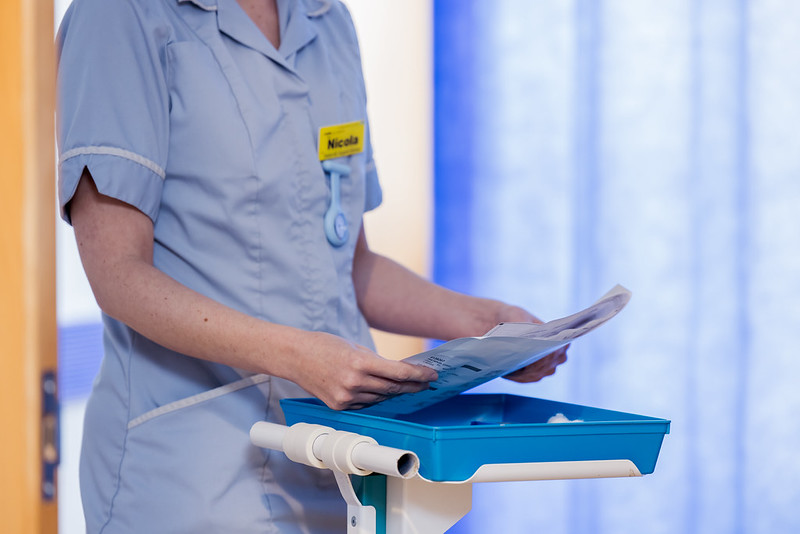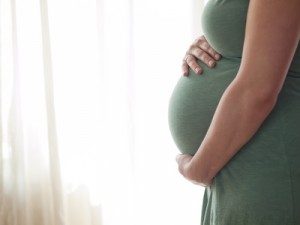The Government must take urgent and prompt action to reverse the truly shocking rise in the number of women who died during or within six weeks of pregnancy, says the Royal College of Midwives (RCM).
Figures released today by MBRRACE-UK show that the maternal death rate has reached levels not seen in over 20 years. Once again, rates among non-white women are significantly higher, with Black women three times more likely to die during pregnancy or in the immediate postnatal period and Asian women twice as likely. This is both tragic and avoidable, and must be tackled as a matter of urgency by the Government.
While much-needed investment is beginning to come through to maternity services, the RCM is calling for greater focus on these areas of deep concern. Chronic midwife shortages across England, currently estimated at around 2,500, often see staff pulled away from important antenatal care to cover labour and birth. The impact of this is felt by women and families, especially when those at higher risk of complications, those with pre-existing but undiagnosed conditions and those with perinatal mental health concerns are unable to access specialist support.
Commenting on the report the RCM’s Chief Executive, Gill Walton said:
“Pregnancy and childbirth in the UK continue to be safe for most women, but the rise in deaths is a deeply worrying trend. The numbers in the report don’t lie – we are moving backward not forward. The Government and the whole of the health service needs to pull together to reverse this trend immediately. Midwife shortages are undermining the ability of maternity staff to deliver the safest possible care. This is fundamentally a failure of policy makers and the Government to get investment quickly to where it is needed at the frontline of care.
“Action is needed nationally, with a multi-agency approach, to address the wider inequalities faced by Black and Asian women. There needs to be more joint working between clinicians so that issues are spotted earlier, better training – and the time to undertake such training – and specialist midwives to meet the increasingly complex needs of women and families. ”
Notes to Editor:
The RCM has produced specialist guidelines on how to care for vulnerable migrant women and supporting midwives to address the needs of women experiencing severe and multiple disadvantages.
The key findings of the report are:
- The maternal death rate in 2020-2022 was 13.41 deaths per 100,000 mothers. This is significantly higher than the 8.7 deaths per 100,000 new mothers reported in 2017-2019.
- Even when deaths as a result of COVID-19 are excluded, the maternal death rate for 2020-22 remains higher than the rate for 2017-19
- Women living in the most derived areas are twice as likely to die as those who live in more advantaged areas.
- Thrombosis and Thromboembolism was the leading cause of death in women who died during pregnancy or within six weeks of their pregnancy ending. COVID-19 was the second most common cause of death.

